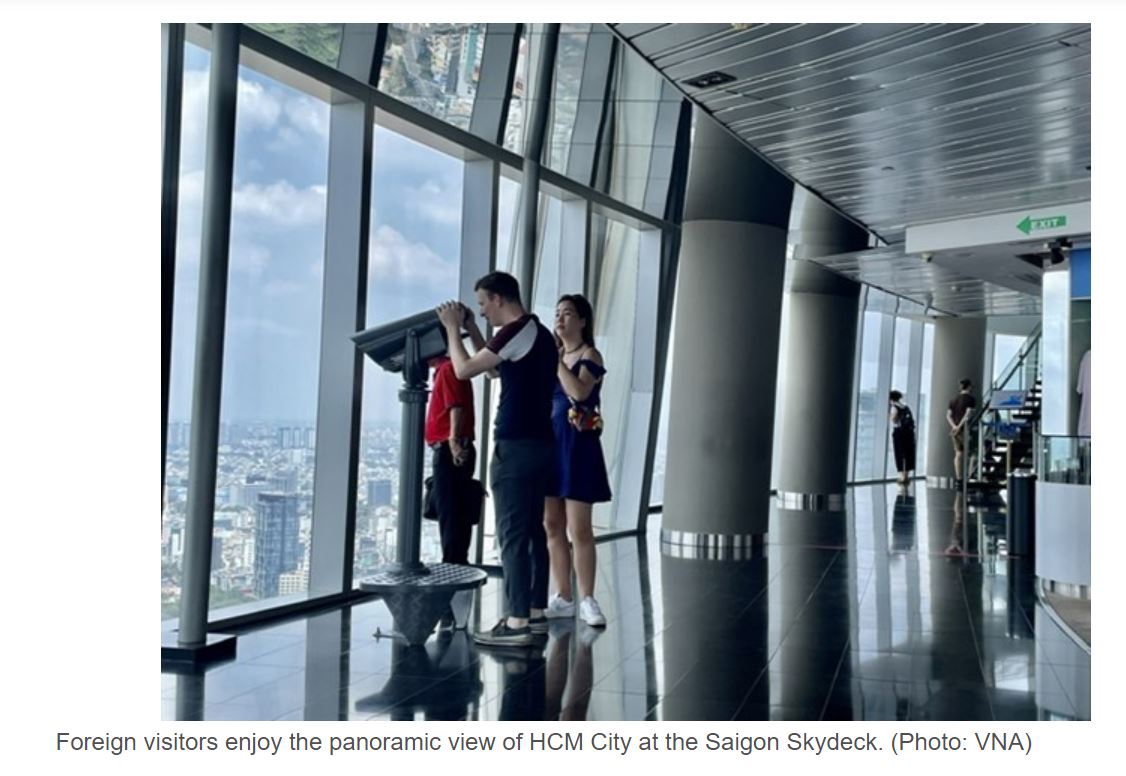Vietnam: New visa policies will boost tourism: insiders
From August 15, people with Vietnamese e-visas can enter and exit the country any number of times within 90 days, a long-awaited and major overhaul of the country’s visa system that is expected to revive tourism and hospitality.
On June 24, the National Assembly approved extension of tourist e-visas from 30 to 90 days.
Citizens of certain countries for whom Vietnam waives visa requirements can now stay for 45 days instead of the earlier 15.
The extension to 90 days would allow visitors to make long-stay holidays and improve Vietnam’s tourism competitiveness, said Tran The Dung, General Director of Vietluxtour.
A popular tourism circuit for many Europeans is Vietnam-Cambodia-Laos, and they travel for more than 20 days, he said.
With the earlier 15-day single-entry visa, they had to get a new visa to enter Vietnam again from Cambodia and Laos, making Vietnam’s visa policy less competitive than that of Thailand and Singapore, he said.
“We have informed our partners abroad about the new visa policy.”
Nguyen Minh Man, marketing and communications director of TSTtourist, said the extension of e-visas to 90 days is a meaningful decision that would help increase tourist flows and attract more investors into Vietnam and shore up the travel industry.
Uyen Nguyen, head of consultancy at Savills Hotels, said: “The extension of the visa validity to 90 days is encouraging news. It establishes a strong foundation for both leisure and business travellers, allowing them to plan their itineraries to Vietnam without the limitations of entry numbers.”
“With its diverse natural landscapes and cultural background, Vietnam has great potential for destination experiences, ranging from indigenous to adventurous ones. However, the previous visa policy has been one of the main constraints during the recovery path of Vietnam’s tourism industry,” she said.
Nevertheless, the tourism industry needs to take proactive steps to redefine the destination image, upgrade tourism infrastructure and provide better support to travellers before, during and after their journey, she said.
“We believe that this is a progressive step towards transforming Vietnam from an experiential destination to a frequently visited and highly sought-after holiday location.
“However, there is more work to be done in terms of adding new countries to the visa exemption list and expanding the list of eligible countries for e-visas.”
Bui Thi Ngoc Hieu, Deputy Director of the Ho Chi Minh City Department of Tourism, said the extension of e-visas and multiple entries would help expand tourist markets, particularly long-haul markets, and attract more long-stay leisure travellers and cruise ship guests.
Vietnam issues e-visas to citizens of 80 countries and allows visa-free entry for 25 others.
It received more than 5.57 million foreign visitors in the first half of the year, according to the Vietnam National Administration of Tourism.
Revenues from tourism in the period were worth an estimated 343 trillion VND (14.46 billion USD)./. VNS


 Thailand
Thailand




